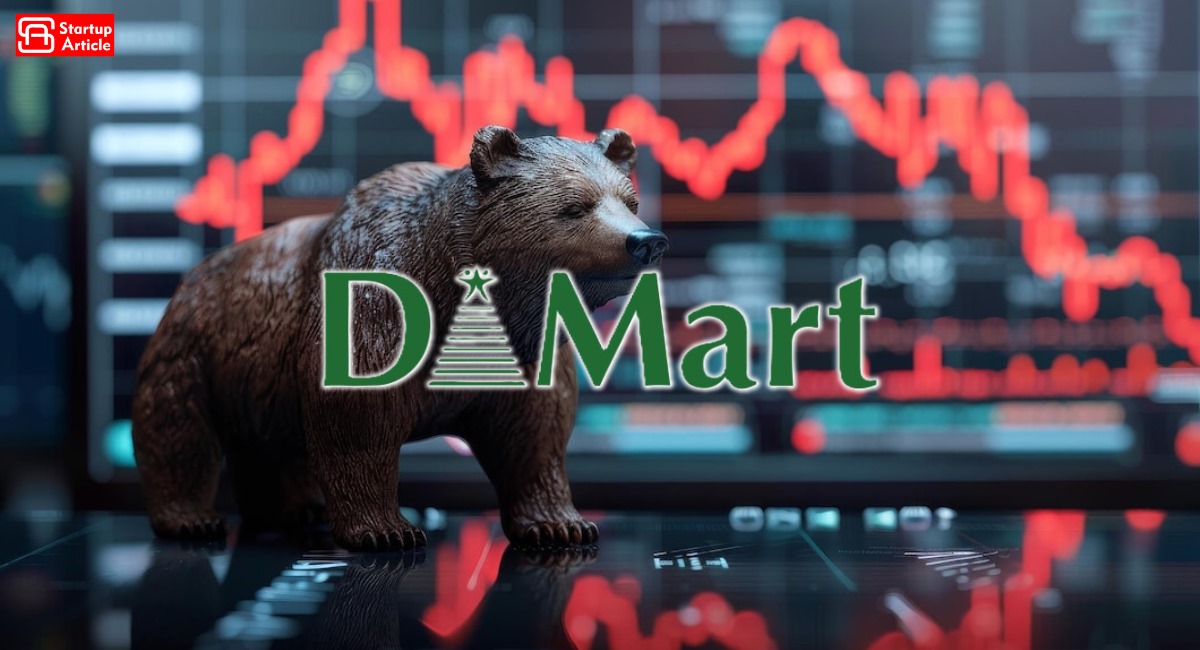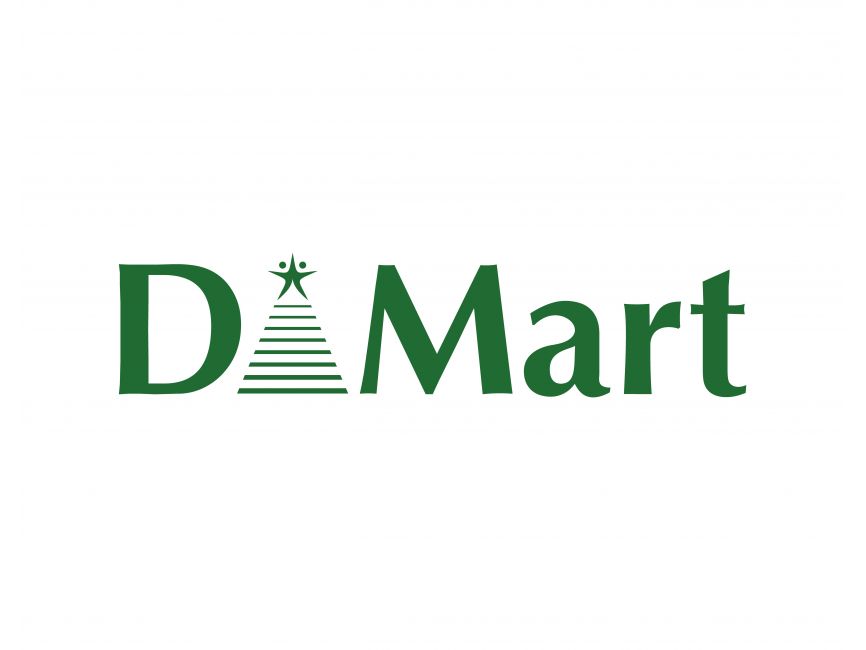While DMart continues to expand, its Q2 performance failed to meet expectations, prompting concerns about the company’s future growth prospects. For now, analysts advise investors to monitor the company’s response to competition from fast-delivery grocery platforms and how it manages costs in the upcoming quarters.
At 10:55 AM on Monday, DMart shares were trading 7.86% lower on the BSE at Rs 4,212.90.
The recent downgrades and falling share prices reflect investor worries about DMart’s ability to navigate a competitive landscape and rising expenses. Potential investors should keep an eye on DMart’s strategic moves in the coming months before making significant investment decisions. Managing costs efficiently and competing effectively with online platforms will be crucial to DMart’s long-term success.





